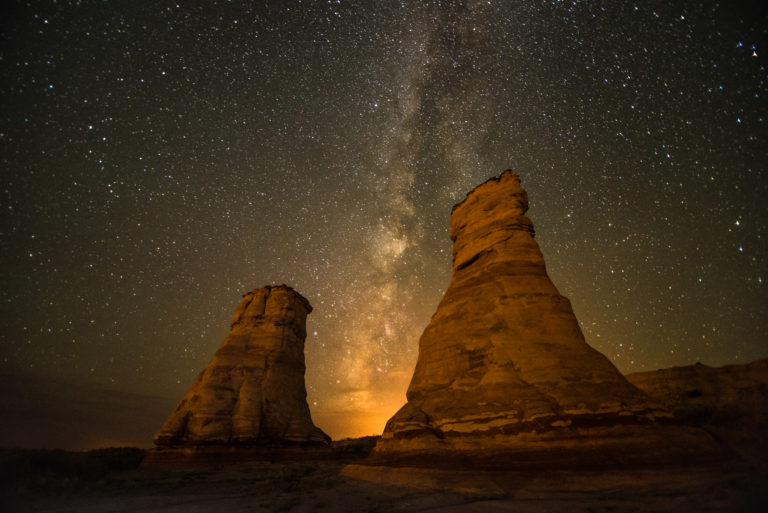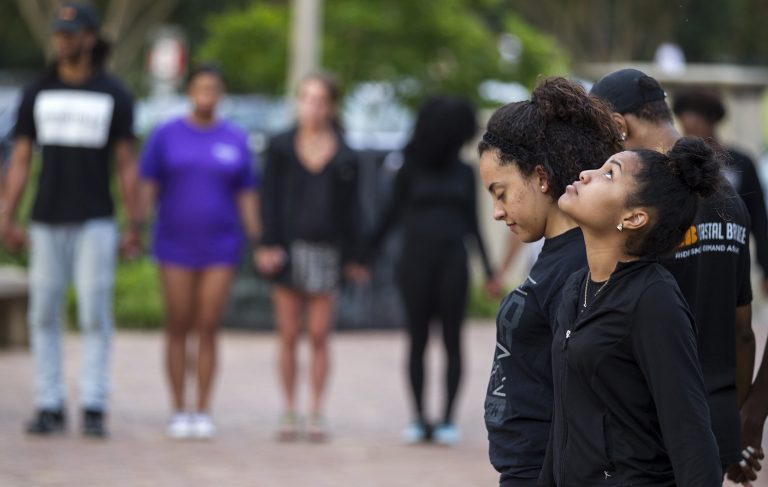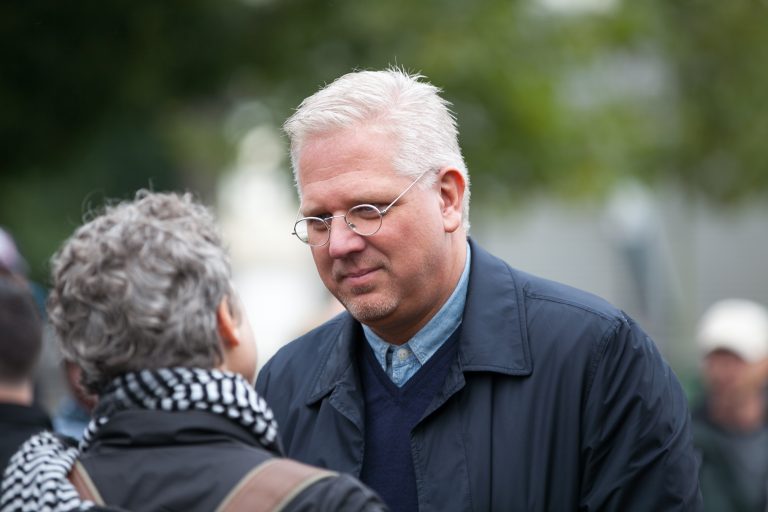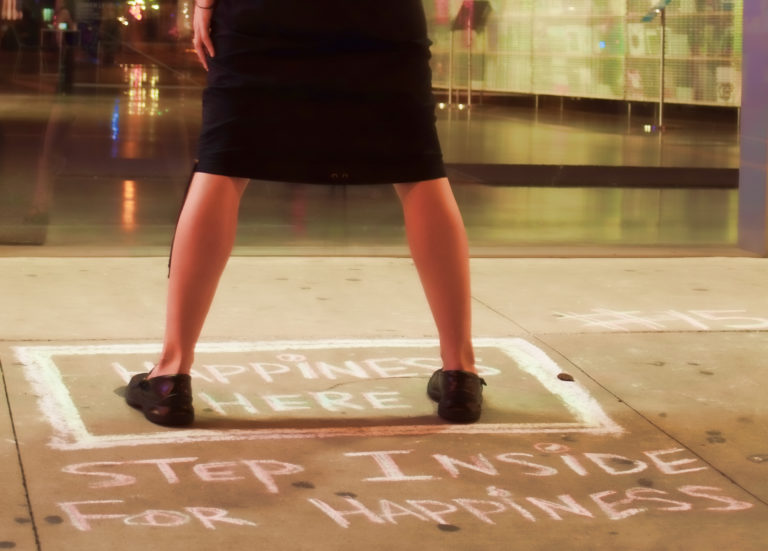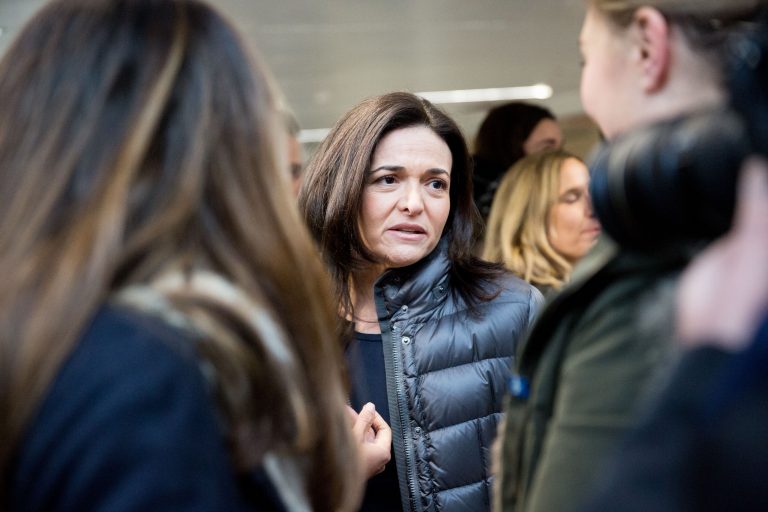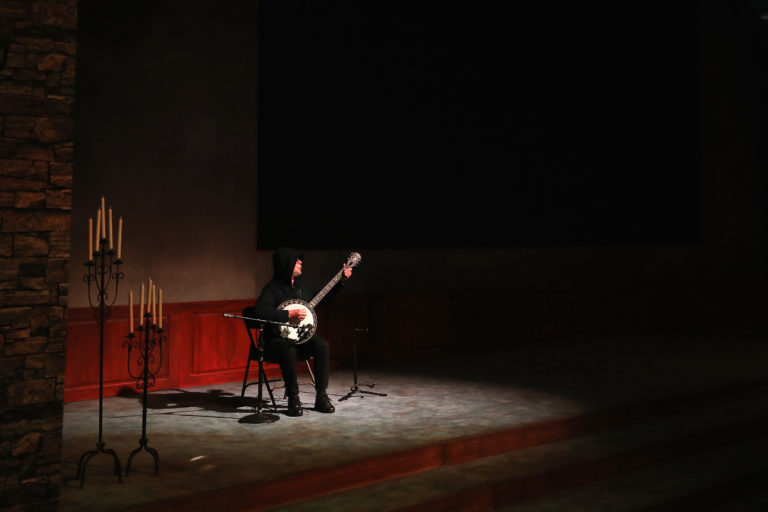June 1, 2017
Brian Greene
Reimagining the Cosmos
A thrilling, mind-bending view of the cosmos and of the human adventure of modern science. In a conversation ranging from free will to the multiverse to the meaning of the Higgs boson particle, physicist Brian Greene suggests the deepest scientific realities are hidden from human senses and often defy our best intuition.





